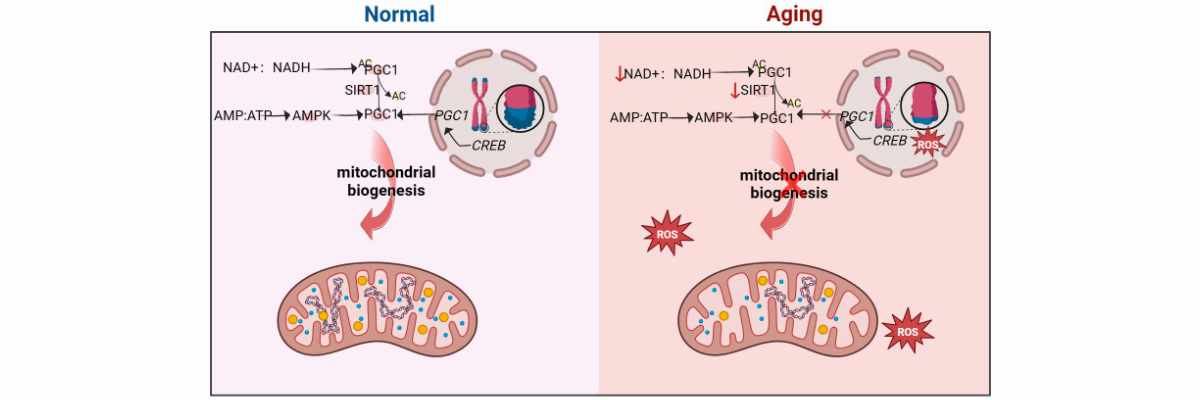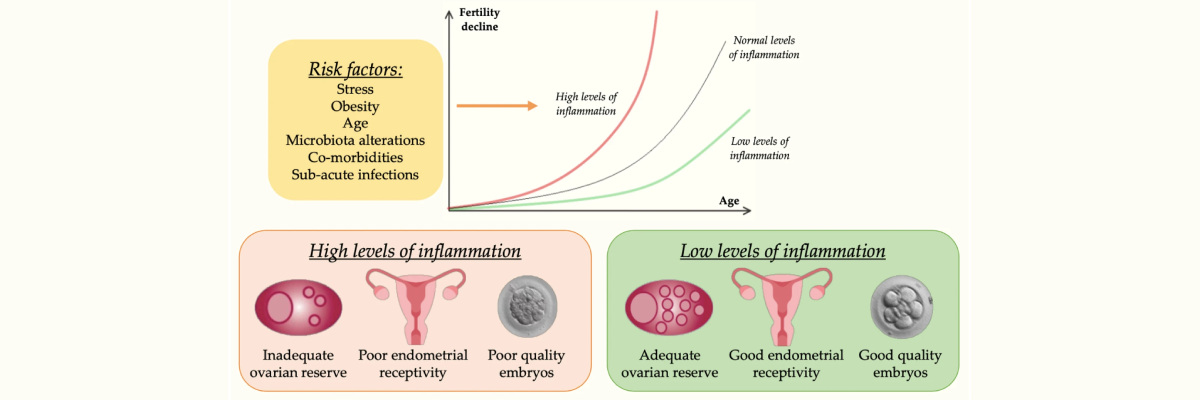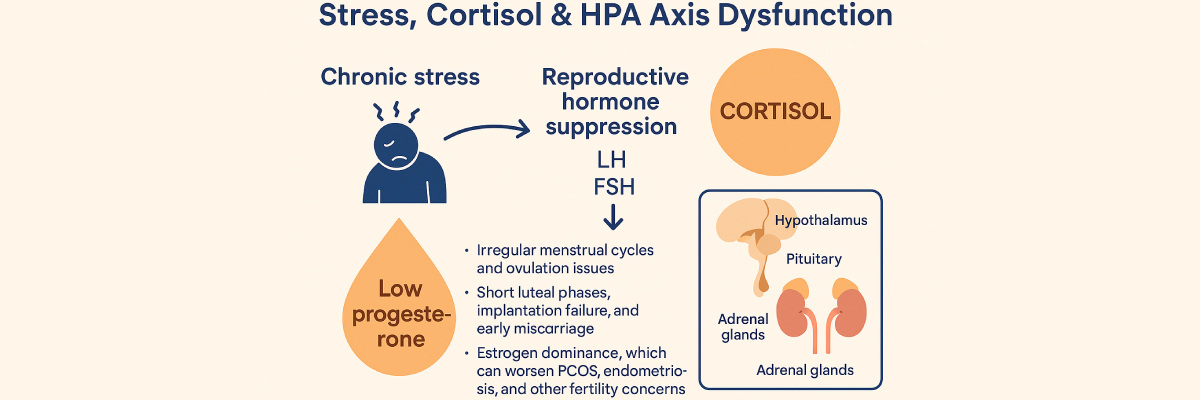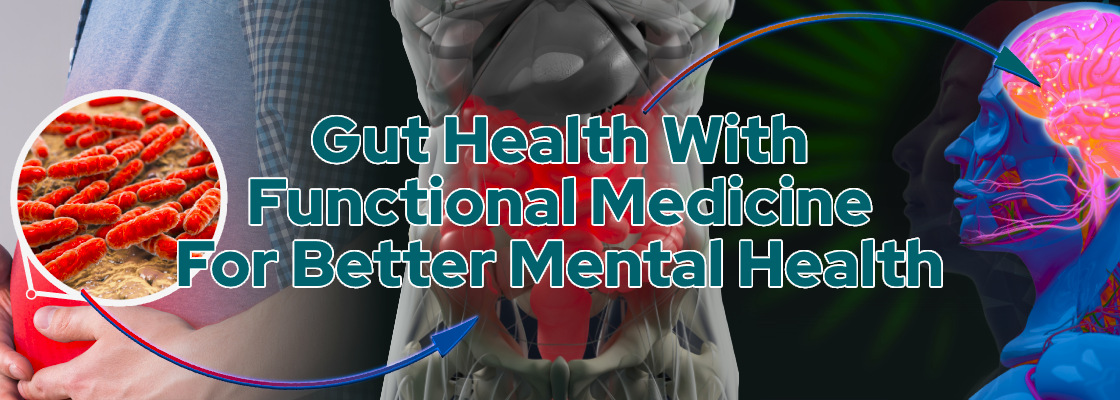Infertility is a growing concern, affecting nearly 1 in 6 couples worldwide.
While many turn to solutions like IVF, hormone therapy, or lifestyle changes, a lesser-known but science-backed approach is emerging.
This new approach is called; NAD+ IV therapy.
NAD+ (Nicotinamide Adenine Dinucleotide) is a coenzyme essential for cellular energy, mitochondrial health, and DNA repair.
So, what does research suggest?
Research now suggests that declining NAD+ levels may be a key driver of reproductive aging in both men and women.
Let’s take a look at all of this in more detail below.
How NAD+ Can Support Egg & Sperm Health Naturally
By restoring NAD+ levels through IV therapy, we may be able to enhance fertility naturally, improve egg and sperm quality, and even support better IVF outcomes.
Let’s dive into the root causes of infertility..
And how NAD+ IV therapy can be a game-changer for those struggling to conceive:
The Root Causes of Infertility: A Functional Medicine Perspective
Fertility issues are often more than just hormone imbalances – they are cellular and metabolic in nature.
Below are six major root causes of infertility that NAD+ plays a role in addressing:
1. Mitochondrial Dysfunction & Reproductive Aging
The mitochondria are the powerhouses of our cells, providing the energy (ATP) necessary for eggs and sperm to function optimally.
Research shows that as we age, mitochondrial efficiency declines, leading to poor egg quality, lower sperm motility, and reduced fertility potential.
This process is outlined by the image below:

A study published in Free Radical Biology & Medicine found that increasing NAD+ levels improves mitochondrial function and can reverse ovarian aging.
What’s this mean?
This suggests that NAD+ IV therapy may help rejuvenate aging eggs and improve fertility outcomes for those struggling to conceive.
2. Oxidative Stress & Cellular Damage
Every day, our cells experience oxidative stress, which leads to DNA damage and reproductive aging.
For both men and women, oxidative stress contributes to poor sperm quality, reduced ovarian reserve, and embryo implantation failure.

Every day, our cells experience oxidative stress, which leads to DNA damage and reproductive aging.
For both men and women, oxidative stress contributes to poor sperm quality, reduced ovarian reserve, and embryo implantation failure.
Why is this important?
NAD+ is a key activator of sirtuins, a family of proteins that repair DNA damage and protect cells from oxidative stress. A 2020 study in Cell Reports found that NAD+ repletion significantly improved female fertility by reducing oxidative stress and improving egg health.
3. Inflammation & Hormonal Imbalances
Conditions like PCOS, endometriosis, and chronic inflammation disrupt hormonal balance and make conception difficult.
Chronic low-grade inflammation impacts the ability of both eggs and sperm to develop properly.

Conditions like PCOS, endometriosis, and chronic inflammation disrupt hormonal balance and make conception difficult.
It’s also important to note that:
Chronic low-grade inflammation impacts the ability of both eggs and sperm to develop properly.
Because NAD+ reduces systemic inflammation, it can help rebalance hormones, support ovulation, and create a more favorable environment for conception.
4. Insulin Resistance & Blood Sugar Dysregulation
Insulin resistance is a hidden fertility killer. It’s a major cause of PCOS, which affects up to 10% of women and is one of the leading causes of infertility.
Elevated insulin can:
- Disrupt ovulation and menstrual cycles
- Increase androgens (male hormones), leading to poor egg quality
- Negatively impact sperm health and testosterone levels in men
NAD+ plays a role in glucose metabolism and insulin sensitivity, making it a natural tool for improving metabolic health and restoring fertility.
By supporting cellular energy production, NAD+ IV therapy may help improve hormonal balance and egg maturation in women with PCOS or metabolic syndrome (Yang et al., 2023).
5. Stress, Cortisol & HPA Axis Dysfunction
Chronic stress is an overlooked factor in infertility. When cortisol is consistently elevated, it suppresses key reproductive hormones like LH (Luteinizing Hormone) and FSH (Follicle-Stimulating Hormone), disrupting ovulation and sperm production.

Stress also lowers progesterone, a hormone essential for a healthy menstrual cycle and pregnancy.
Since cortisol and progesterone share the same biochemical pathway, the body prioritizes cortisol production in high-stress states, diverting resources away from progesterone synthesis.
Low progesterone can lead to:
Since cortisol and progesterone share the same biochemical pathway, the body prioritizes cortisol production in high-stress states, diverting resources away from progesterone synthesis.
Low progesterone can lead to:
- Irregular menstrual cycles and ovulation issues
- Short luteal phases, implantation failure, and early miscarriage
- Estrogen dominance, which can worsen PCOS, endometriosis, and other fertility concerns
The HPA (Hypothalamic-Pituitary-Adrenal) axis plays a key role in regulating stress and reproductive hormones, and NAD+ is crucial for maintaining HPA axis balance.
Research suggests that NAD+ IV therapy may help reduce cortisol dysregulation, support progesterone production, and create a more favorable hormonal environment for conception.
6. DNA Damage & Poor Sperm Quality
For men, NAD+ is critical for spermatogenesis (sperm production).
Research in Frontiers in Endocrinology found that low NAD+ levels were directly associated with reduced sperm count and motility in aging male mice.
And in 2024…
Another study in Theranostics found that NAD+ precursors helped restore spermatogenesis in damaged testicular tissue by reducing oxidative stress and inhibiting cell death.
This suggests that NAD+ IV therapy could enhance male fertility by improving sperm health, motility, and DNA integrity.
How NAD+ IV Therapy Can Support Fertility

1. Increases Mitochondrial Energy for Egg & Sperm Health
- By restoring cellular ATP levels, NAD+ IV therapy helps:
- Improve egg quality and maturation
- Boost sperm motility and count
- Support better embryo implantation
- Reduces Oxidative Stress & Enhances Longevity
NAD+ acts as a cellular repair molecule, which:
- Protects egg and sperm DNA from damage
- Enhances IVF and embryo success rates
- Slows reproductive aging
- Supports Hormonal Balance & Insulin Sensitivity
Because NAD+ regulates metabolic health, it can:
- Improve PCOS symptoms
- Restore normal ovulation
- Support healthy testosterone levels in men
- Regulates Stress & Cortisol Levels
Since stress directly impacts fertility, NAD+ IV therapy may:
- Improve adrenal function and hormone regulation
- Support a healthy menstrual cycle
- Enhance HPA axis function
Who Can Benefit from NAD+ IV Therapy?
This therapy is ideal for:
- Women with PCOS, irregular cycles, or unexplained infertility
- Men with low sperm motility or poor sperm quality
- Couples preparing for IVF or egg freezing
- Individuals over 35 who want to optimize egg/sperm health
- Those experiencing high stress or burnout
How to Get Started with NAD+ IV Therapy
- Typical Protocol: 1-2 IV sessions per week for 4-8 weeks before trying to conceive or starting IVF.
- Long-Term Support: Monthly maintenance IVs may help sustain fertility benefits.
- Personalized Plans: Our clinic tailors NAD+ IV therapy to your specific needs.
Take Control of Your Fertility with NAD+ IV Therapy
Are you and your partner struggling to conceive?
Do you feel like you’ve tried everything from lifestyle changes to medical interventions without success?
At Oasis Health & Medicine, we believe that restoring balance to your body’s cellular energy can be the key to unlocking fertility.
That’s why we’re excited to offer NAD+ IV Therapy for Fertility – a natural and science-backed approach to improving egg and sperm health.
Discover How NAD+ Can Help:
- Boost mitochondrial function and energy production in eggs and sperm
- Enhance DNA repair and reduce oxidative stress
- Improve fertility potential and increase chances of successful conception
Don’t let declining NAD+ levels hold you back from building the family you’ve always wanted. Our expert team at Oasis Health & Medicine is dedicated to helping you achieve optimal health and wellness, starting with your reproductive system.
Take the First Step Towards a Healthier You:
Schedule an appointment today to discuss how our NAD+ IV Therapy for Fertility can support your journey towards conception.
Call us now or book online to reserve your spot!

Don’t wait – take control of your fertility and start building the family you’ve always dreamed of.
Schedule Your NAD+ IV Therapy Session Today ➜
If you are ready to optimize your fertility naturally – call us today at: 858-201-3171
If you’re struggling with infertility and looking for natural solutions to improve egg or sperm health, NAD+ IV therapy could be a powerful, research-backed option.
References
- Yang Q, Cong L, Wang Y, et al. Free Radical Biology & Medicine. 2020.
- Bertoldo MJ, Listijono DR, Ho WJ, et al. Cell Reports. 2020.
- Yang Q, Li H, Wang H, et al. Aging Cell. 2023.
- Meyer-Ficca ML, Zwerdling AE, Swanson CA, et al. Frontiers in Endocrinology. 2022.
- Feng YQ, Liu X, Zuo N, et al. Theranostics. 2024.
- Ju W, Zhao Y, Yu Y, et al. Frontiers in Endocrinology. 2024.
- Zavatta A, Parisi F et al. Clinical Reviews in Allergy & Immunology. 2022.





